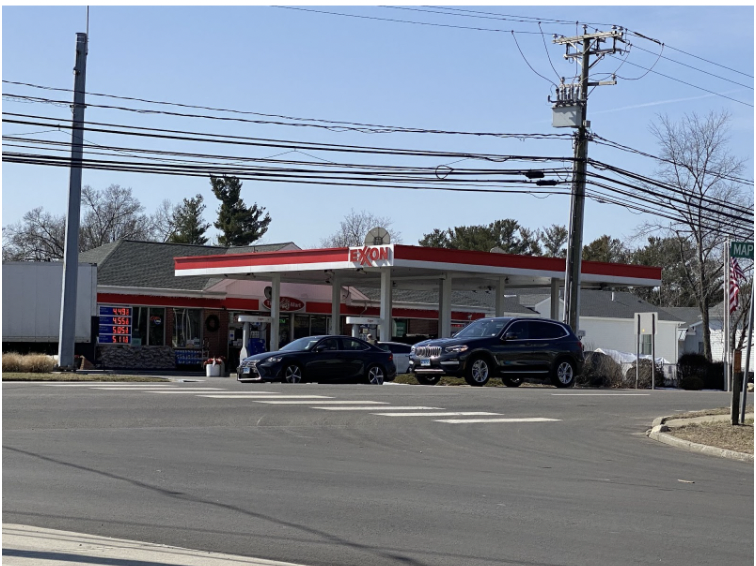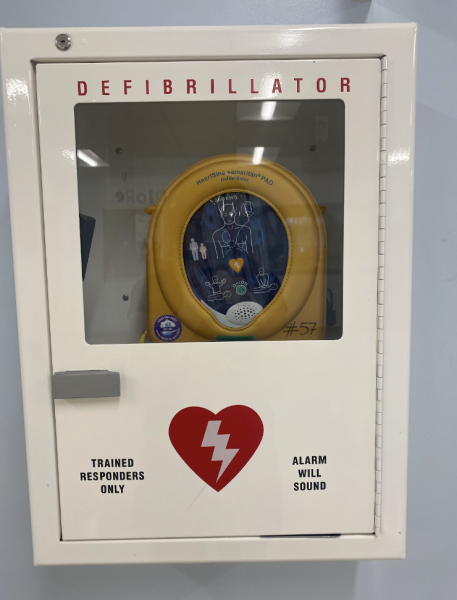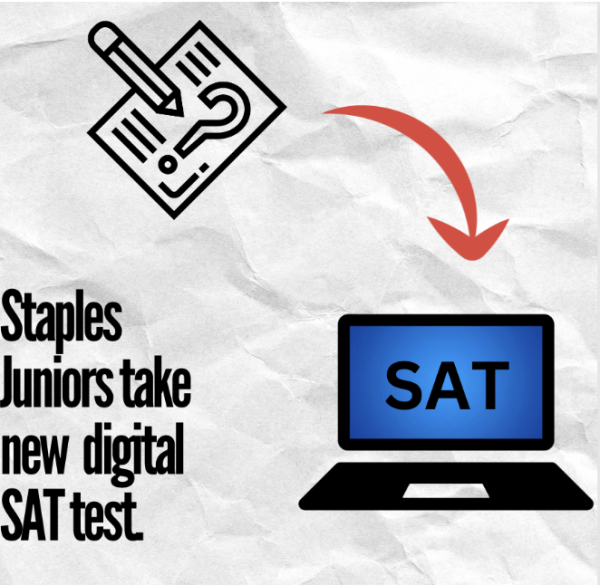Rising inflation affects student drivers
On March 11, gas prices at Exxon in Westport demonstrated a record high of $4.49 a gallon for regular.
The oil crisis of 1973 accelerated the inflation created by Lyndon B. Johnson’s Great Society, which was a program to eliminate poverty and racial injustice. This inflation, similar to what is affecting the United States today, was due to an increase of the money in the economy, as well as high government spending.
In 2022, the high inflation rates have greatly affected gas prices. Since many Staples students drive or are learning to drive, these inflated prices prove to be inconvenient.
“The gas prices right now are very high, and that’s not fair to people,” Mary Bazile ’24 said. “Especially during the pandemic, as there is a crisis for other things.”
According to the American Automobile Association, the average gas price in Connecticut has increased from $2.825 a gallon last year to the current $4.475 a gallon. This poses an issue to all Connecticut residents as their spending on gas has nearly doubled. These prices are still increasing and aren’t showing any signs of slowing down.
At the end of February, inflation surged and the consumer price index, which measures the change in prices of consumer goods and services, increased by 7.9% over the previous year, which is the highest it has been in the last 40 years.
There are many plausible explanations for this increase in inflation, such as supply chain disruptions, labor shortages and the current Russian invasion of Ukraine. An article by CNBC explains the rapid increase in inflation for gas prices.
“A raging crisis in Europe has only fed into the price pressures, as sanctions against Russia have coincided with surging gasoline costs,” CNBC said. “Prices at the pump are up about 24% over just the past month and 53% in the past year.”
Many economists believe that the poor economic policies, similar to the 1970s, such as federal spending and budget deficits, in which the government spends more than they have, as well as excessive money supply increases, have caused the recent inflation. These policies were implemented because of COVID-19’s negative effect on the economy. While this probably avoided a depression, it helped to create the current inflation problems the country is currently experiencing.

Young Westporters often attend camps like RECing crew or Mahackeno, creating new friendships during the summer. Yet while other fourth graders begged for...





















































